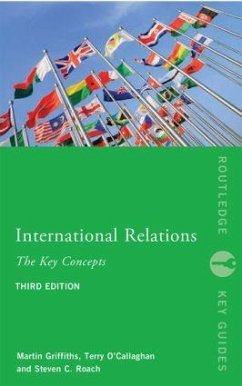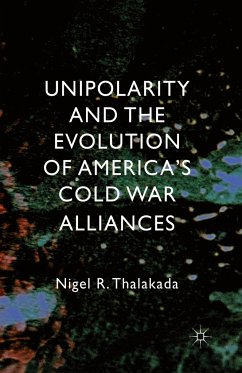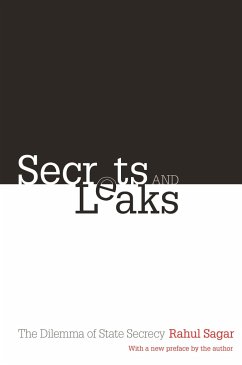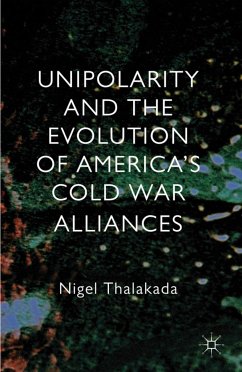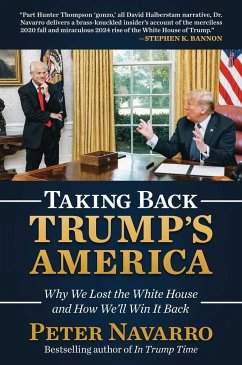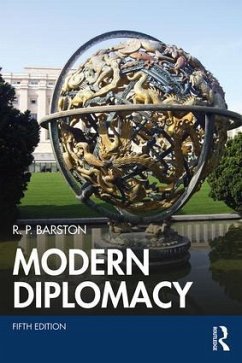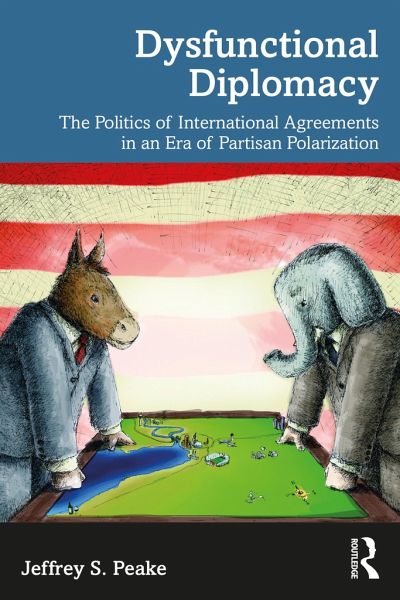
Dysfunctional Diplomacy
The Politics of International Agreements in an Era of Partisan Polarization
Versandkostenfrei!
Versandfertig in 6-10 Tagen
34,99 €
inkl. MwSt.
Weitere Ausgaben:

PAYBACK Punkte
17 °P sammeln!
US diplomacy is broken. As a result, the United States sits on the sidelines as the remainder of the world writes international law dealing with a host of vexing problems. The source of the dysfunction is domestic politics. Partisan polarization has rendered the domestic treaty process unworkable. Instead, presidents rely entirely on unilateral tools to complete their agreements, making them far weaker and less legitimate. Using a mixed-methods approach, Peake assesses the politics surrounding treaty ratification and the use of unilateral authority since World War Two, with a particular focus ...
US diplomacy is broken. As a result, the United States sits on the sidelines as the remainder of the world writes international law dealing with a host of vexing problems. The source of the dysfunction is domestic politics. Partisan polarization has rendered the domestic treaty process unworkable. Instead, presidents rely entirely on unilateral tools to complete their agreements, making them far weaker and less legitimate. Using a mixed-methods approach, Peake assesses the politics surrounding treaty ratification and the use of unilateral authority since World War Two, with a particular focus on the twenty-first century. He employs original data from 1949 through 2020, including 1,000 treaties and more than 3,000 executive agreements. The analysis provides case studies of the domestic politics of several recent international agreements, including on climate change, Iranian nuclear weapons, security in Iraq and Afghanistan, human rights, and the law of the sea.






